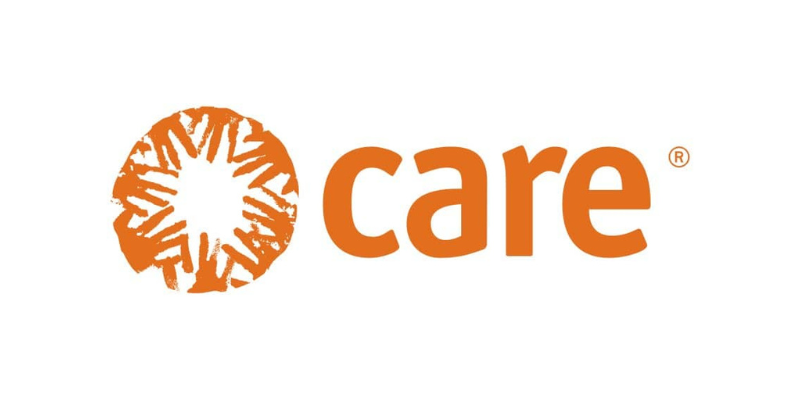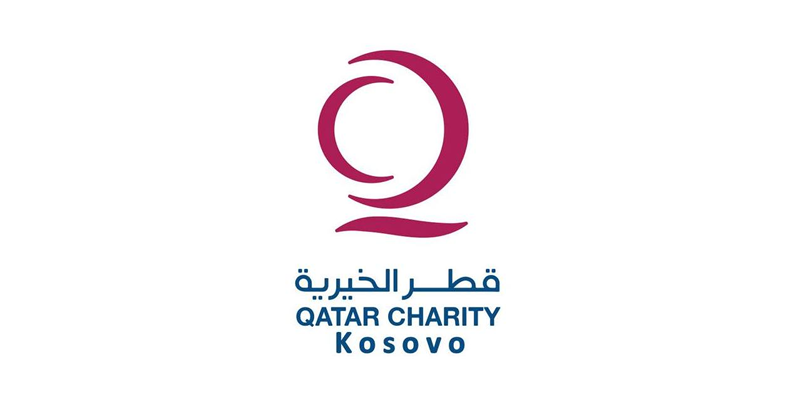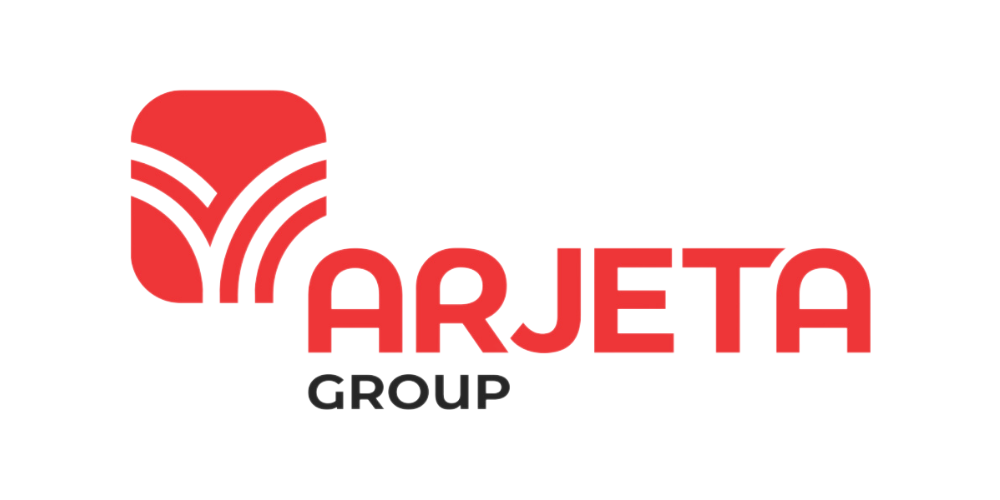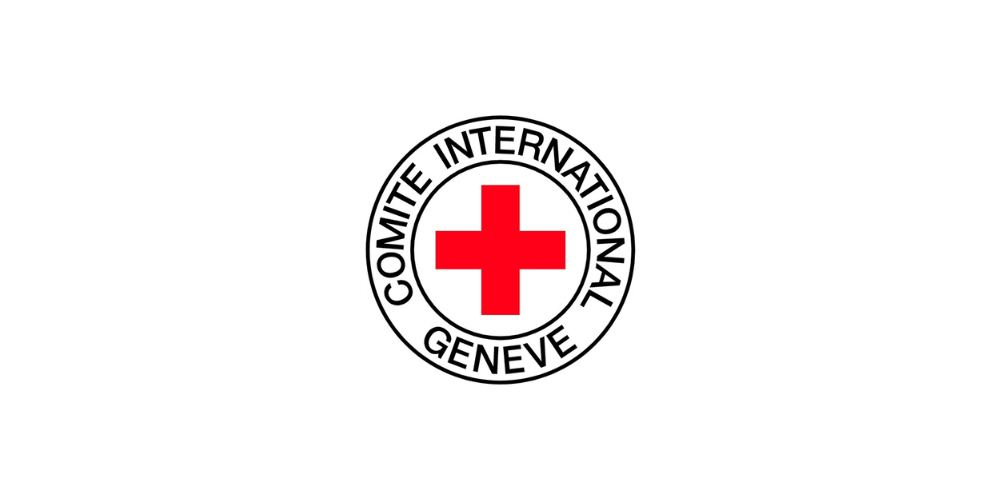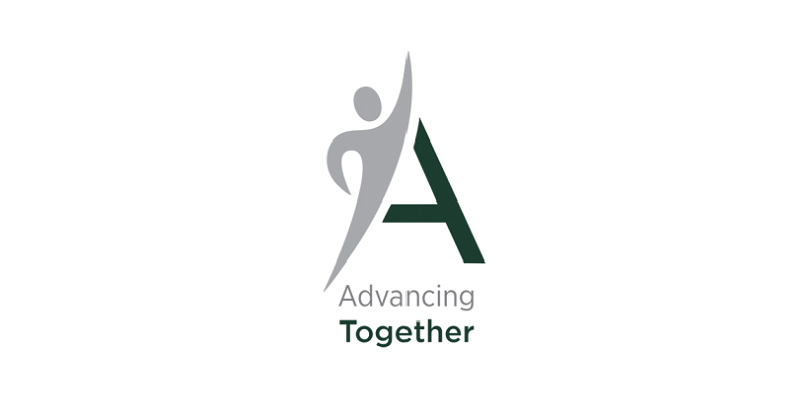Përshkrimi
Terms of Reference (ToR) – Review of project achievements and lessons learned
within the project
Women’s Economic Empowerment in Rural Areas Kosovo (WEERA) project
General information
Short-term consultancy: Review of project achievements and lessons learned for WEERA project
Duration: 18 working days: 11 November – 7 December 2024
Project title: WEERA - Women’s Economic Empowerment in Rural Areas of Kosovo
Funded by: Austrian Development Cooperation
Implemented by: CARE International Balkans in cooperation with CARE Austria
About CARE International Balkans
CARE’s work in the Balkans started in 1993 when it provided humanitarian support to people affected by war. In the late 90s, CARE shifted its focus in the region from humanitarian post-war assistance and rehabilitation to socio-economic development, engaging in interventions directed at conflict prevention and peacebuilding, sustainable livelihoods, gender equality, and the prevention of gender-based violence.
CARE International in the Balkans places the quality of its program at the centre of its mission and has developed a regional strategy that encompasses two main program directions: Gender Equality and Social and Economic Inclusion. CARE’s Gender Equality Program aims to empower women vulnerable to violence, discrimination and poverty, to reach better life opportunities and social justice, and to work on the prevention of peer violence and building of tolerance among young men in the Western Balkans. The goal of the Social and Economic Inclusion Program is to strengthen capacity and create opportunities for the marginalized, socially excluded and poor to integrate into society and access rights. CARE’s engagement and contribution lies in strengthening the sustainability of key regional, national, and/ or local civil society organizations and networks promoting equality and diversity, in the context of social inclusion and non-violence.
Project Background
CARE International Balkans, office in Kosovo (in further text: CARE) is implementing the Women’s Economic Empowerment in Rural Areas of Kosovo-WEERA Project, funded by the Austrian Development Cooperation-ADC. The project is running from September 2022 through November 2024. The project contributes to a more equitable and inclusive socioeconomic development in rural areas of Kosovo (impact) and enhances the economic and social inclusion of Kosovo entrepreneur rural women by improving the competitiveness of their businesses and their civic participation capacity in Peja and Gjakova (outcome).
The project targets are:
The project should directly involve 652 individuals, at least 60% of them women and aims at 20% youth as direct participants (without overlap, see table below for details), as well as reaching at least 95,000 individuals through the promotion of best practice examples on the role of rural women.
|
Target Group |
Number Benefiting |
Type of Support |
|
|
50 |
Business support: training on marketing, green technologies, business plans, exchange visits, credit access |
|
|
Agribusinesses led by rural women |
40 |
|
|
|
Selected rural women leading agribusinesses |
10 |
In-kind grants, technical support, value chain linkages |
|
|
Family members (men) |
50 |
Trainings on women's economic/social rights to become supporters |
|
|
Women representatives of local CSOs |
40 |
Advocacy and gender-responsive budgeting sessions |
|
|
Local authorities, value chain actors, financial institutions |
42 |
Gender-responsive budgeting and participatory process capacity building |
|
|
Community members from target areas |
400 |
Local dialogues promoting women’s economic and civic participation |
|
|
Representatives of local, regional and national media |
30 |
Promotional activities |
The project expected to contribute to the following results:
1. Women-led rural businesses are equipped to introduce financially sustainable and environmentally sound solutions and improve their market position, through a competitive financial and technical assistance scheme.
2. Women from rural areas are aware of their economic and social rights and are provided with capacities and opportunities for active participation in local decision-making processes.
3. Wide recognition of the role of women in rural areas of Kosovo through the promotion of the project’s best practices and success stories.
Objective and scope of the Review
The overall objectives of this Review are:
- To assess the project’s performance against the following criteria: relevance, coherence, effectiveness, efficiency, impact, sustainability, monitoring and learning, mode of delivery, and staffing structure, according to the following detailed aspects:
- Relevance: To what extent is the intervention of the WEERA project relevant to the priorities and needs of women farmers in Kosovo? Which components of the intervention have proved most relevant, and what potential enhancements or additional elements could be considered to further align the intervention with the participants' needs?
- Coherence: To what extent does the project ensure coordination and collaboration with local authorities, other civic actors, or third parties and how does it contribute to/complement their interventions and strategic goals?
- Effectiveness: To what extent are the intended objectives and results of the project accomplished?
- A qualitative and quantitative review of the project achievements against the indicators set in the project’s logical framework.
- Identify lessons learned and provide actionable recommendations for improving future programming supported by Austrian Development Cooperation (ADC).
The evaluation shall address the full period of project implementation, from project start to the end of data collection during the implementation of this evaluation. The final review process is going to be conducted during the last phase of the project implementation, in the period from November 2024 (the detailed evaluation schedule is described in the Timeframe section below).
The evaluation findings and processes will be used and shared by relevant stakeholders, including CARE Austria, CARE International in the Balkans, the Austrian Development Agency, and other intended users.
Approach and methodology of the Review
This Review will be performed by an external expert consultant, organisation or a company who will be required to design the methodology and schedule for the process, in consultation with the CARE Project Manager. A mix of quantitative and qualitative instruments and methods will be used, and a participatory approach should be adopted, capturing the perspectives of key stakeholders.
The methodology will include a desk review of project documentation providing information of interest for the review. The key project documents will be provided by the project staff, including proposal, annual reports, activities evidence tables, monitoring reports, best practice examples and similar. In addition, the process will also encompass desk review of external documents (such as donor’s and stakeholders’ decisions relevant for the project).
Furthermore, the tools for this review/assessment process will include focus groups discussions and/or interviews with project beneficiaries, key stakeholders and project team members. The reviewer(s) will also consider the project’s best practice examples (gathered within the project output 3) as evidence of the success of the supported businesses, as well as its use as a promotional and advocacy tool. The assessment report should provide a consolidated view on successes and learnings to inform future programming.
All data collected need to be disaggregated by sex, age, and other relevant diversity in line with the project’s logical framework. If consisting of more than one person, the evaluation team should be gender balanced to ensure that respondents feel fully at ease to disclose any sensitive information during data collection processes.
The main tasks of the consultants are:
- Design a Review plan, based on the objectives and the logframe indicators of the project, in communication with CARE Project Manager.
- Review relevant project documents, as well as general reports, decisions, studies and surveys on the subject of the project and consultancy.
- Undertake a field analysis throughout the target project area (Peja and Gjakova), employing qualitative and quantitative data collection methods necessary for obtaining relevant and required information, i.e. interviews with beneficiaries, main stakeholders, agencies, focus group discussions etc.
- Provide the data on all project logframe indicators for measuring project effectiveness and project impact during and/or after the completion of the project activity.
- Design and deliver a one-day meeting (in English language) with the project staff for debriefing of preliminary findings of the Review and discussing implications on implementation and instalment of the recommendations from the process into future project interventions. The logistics for the meeting will be done by the WEERA project.
- Prepare a well-structured Report on Review of Project Achievements and Lessons Learned (in English language), to be submitted to the CARE Project Manager.
Timeframe and daily fee
The Consultant will be engaged for 18 full consultancy days, over the period 11 November – 7 December 2024, according to the following timetable:
| Action | Responsible | Deadline |
| Submission of the bid (electronically) | Consultant | 8 November |
| Contract signing, initial agreements | Consultant and WEERA staff | 11 November |
| Deadline for realisation of the tasks | Consultant | 29 November |
| Presentation on the main findings and recommendations of the Final Review | Consultant and WEERA staff | 3 December |
| Submission of the Review Report | Consultant | 7 December |
Payment schedule:
CARE will undertake two instalments of payment: 80% of the completion of work and tasks and 20% upon of submission of all requested documents. The detailed payment schedule will be outlined in the Consultancy Contract. The Payment will be carried out in line with all necessary documentation as per CARE’s administrative procedures (timesheets, consultancy report, etc).
Consultant’s deliverables:
- Detailed methodology and plan for implementation of the Review.
- Qualitative and quantitative field data collected through interviews and group discussions.
- Presentation on the main Final Review Report findings and recommendations regarding the project planning to the project team, in a form of a debriefing one-day meeting.
- Final Review Report in high standard written English (15-20 pages, plus Annexes). The Report should consist of the executive summary (2 pages), main findings (approx. 10 pages) and conclusions with recommendations for future project planning (up to 3 pages). Mandatory Annexes to the Final Review Report:
- Logframe matrix of the project updated with finally evaluated values for all indicators (both qualitative and quantitative).
- Questionnaires and other data collection tools.
- The Review schedule.
- List of interviewees.
- Hand over to CARE the entire original quantitative and qualitative data documentation collected for the purposes of the consultancy, upon the final report acceptance and prior to the payment. Please refer to Annex VI Data Disclosure.
Required qualifications and experience:
CARE invites individual experts, expert teams, NGOs, and agencies experienced in project reviews, evaluations, learning in the context of women's empowerment in agribusiness, to submit their bids and present their relevant expertise and experience. The general requirements for Consultants’ expertise are:
- Relevant University degree in agriculture, agribusiness, economics, social sciences, or similar, with 5-8 years of experience working with the non-governmental sector in Kosovo.
- Excellent knowledge and vast experience in project evaluations based on the OECD/DAC evaluation criteria, preferably in agro-based projects funded by ADC or international donors, including documented experience in qualitative and quantitative research and analysis.
- Strong knowledge of women's participation in agriculture and agribusiness, with a clear understanding of the challenges and opportunities for women in rural areas of Kosovo.
- Good understanding of Kosovo’s agricultural policies, rural development frameworks, and the role of the Ministry of Agriculture, Forestry, and Rural Development in promoting women in agribusiness.
- Familiarity with socio-economic conditions in rural Kosovo and the broader economic trends, including the role of municipalities and government programs in agricultural support measures.
- Excellent knowledge of English and Albanian languages, with high standards of written English.
- Strong presentation skills and proficiency in workshop techniques.
- Clear demonstration that the consultant(s) can meet the consultancy tasks within the envisaged timeframe.
Note: Please note that the consultant/s will be asked to travel to Peja and Gjakova. The Expert will cover the travel costs.
Application process
The expert should submit the following documents to [email protected] by 8 November 2024.
- Consultant(s)'s CV(s) or portfolio, with detailed information relevant to the required qualifications including two relevant references from similar reviews or evaluations conducted to international organisations.
- Draft consultancy plan – implementation plan (schedule) for the consultancy.
- Bid – financial offer: The Consultant shall suggest a gross daily fee/rate in EUR per consultancy and an excluded VAT daily fee/rate in EUR for the companies.
The applications received will be evaluated against the following criteria:
The evaluation of the bids will be evaluated based on the cumulative analysis methodology. Technical and quality evaluation weight 70% and financial criteria weigh 30%.
Only the bids obtaining a minimum of 70 points in the technical evaluation shall be considered for the financial evaluation. The evaluation criteria shall be as follow:
| Criteria | Weight | Max point |
| Technical and quality evaluation | 70% | 100 |
|
EXPERIENCE Work with the non-government sector in Kosovo and relevant stakeholders /agencies |
30 | |
|
REFERENCE /HISTORY Consultant(s) experience on similar tasks /subject (EU funded projects OECD/DAC) |
35 | |
|
METHODOLOGY / APROACH Effectiveness of the planned methodology for the task (OECD/DAC criteria to be implemented for evaluation) |
20 | |
| KNOWLEDGE /SKILLS (for the task) | 15 | |
| Financial offer (value for money) | 30% |
THE APPLICATION- BID SHOULD BE IN ENGLISH!
Interested candidates are invited to apply to the e-mail: [email protected]
Closing date for applications is 8 November 2024.
We thank to all applicants for their interest. Only selected applicant will be contacted.
For any additional information concerning the application, you may contact Rita Berisha, Project Manager, [email protected] with CC: [email protected] no later than 5 November 2024.
Annexes
Annex I Brief project information from CARE webpage
Annex II Project Logical Framework
Annex III CARE evaluation policy
Annex IV CARE evaluation report template and report checklist
Annex V Data Disclosure
Annex V
Data Disclosure
- Informed consent will be obtained from every person participating in the evaluation process.
- Quantitative datasets: should be submitted to CARE, password protected. The data should be anonymized with all personal or identifying information removed.
- Qualitative textual datasets or transcripts: The data should not be anonymized UNLESS suitable permission has been granted from the person who provided the data. In these circumstances, submit a record of the permission granted, for example a consent form.
- CARE must be provided with a final template of any surveys, interview guides, or other materials used during data collection. Questions within surveys should be assigned numbers and these should be consistent with variable labelling within final datasets.
- In the case of tabular datasets variable names and variable labels should be clear and indicative of the data that sits under them. Additionally, the labelling convention must be internally consistent and a full codebooks/data dictionary must be provided.
- All temporary or dummy variables created for the purposes of analysis must be included in the datasets. All output files including calculations, and formulae used in analysis should be provided along with any Syntax developed for the purposes of cleaning.
- All datasets should be submitted in one of CARE´s acceptable formats:
Acceptable formats for data
|
Type of data |
Acceptable formats |
| Tabular data with extensive metadata |
|
| Tabular data with minimal metadata |
|
| Textual data |
|
| Image data |
|
| Audio data |
|
